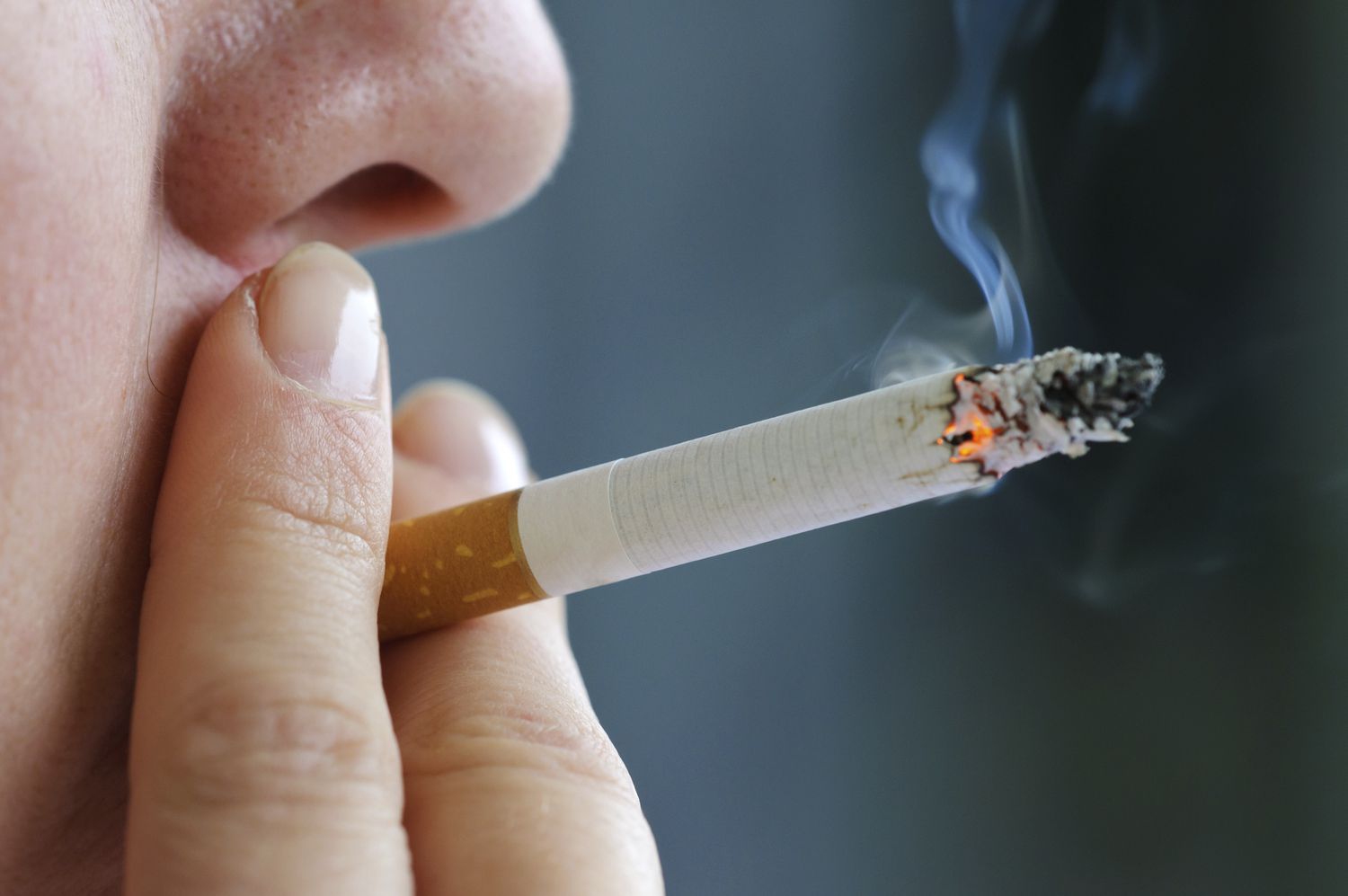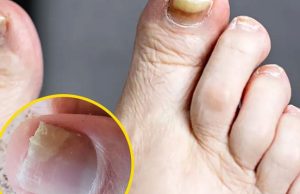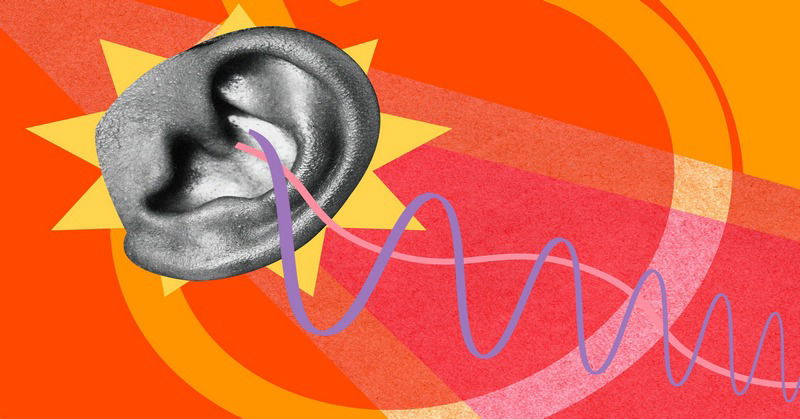
Hearing loss may not be on the top of your list of health worries. If you’ve ever experienced ringing ears after a concert or asked a friend to repeat themselves at a crowded restaurant, you may have questioned if this is normal.
In most situations, you’re probably fine—hearing loss is more likely to occur later in age or in conjunction with other health concerns, such as diabetes or meningitis. Loud noise is a primary cause of hearing loss, and “our world is getting louder and louder,” In reality, a BMJ Global Health research published in December 2023 predicted that more than a billion people aged 12 to 34 are at danger of hearing damage from loud concerts and high-volume music listening. And if you find yourself asking others to repeat themselves frequently, feeling as if they are muttering, or having difficulty following group talks, this may be something to keep in mind.
However, large, noisy concerts aren’t the sole source of trouble; several less noticeable noises can cause significant damage. Here are six surprising sounds that can interfere with your hearing.
1. Your favorite podcasts
Listening to music at excessive volumes through headphones can certainly harm your ears, but podcasts, movies, and audiobooks, according to Ashby-Scabis, can be just as harmful. That’s not always because the person speaking is shouting. Rather, you may be unwittingly increasing the volume when someone’s voice isn’t completely understandable or you are really waiting for the narrator’s every word. Some gadgets’ noise can reach 112 decibels, which is roughly equivalent to the sound of a chainsaw.

2. Jobs with drills, motors, and sneakily loud atmospheres
Noise at work is so serious that the Occupational Safety and Health Administration (OSHA) sets guidelines for when your company must take action to safeguard your hearing. This means no more than 85 dB or greater during eight working hours. Naturally, some vocations tend to be significantly noisier than others, including:
- Dentists and dental hygienists. If you get nervous when you hear drills and suctions while getting your teeth cleaned, consider hearing similar sounds 40 hours a week, according to Ashby-Scabi.
- Restaurant servers and bartenders. According to Ashby-Scabis, the same logic applies here: “We might complain about [a really noisy] restaurant when we go in, but think about the people working. That waitstaff and the bartenders are exposed to that noise all the time,” she explains.
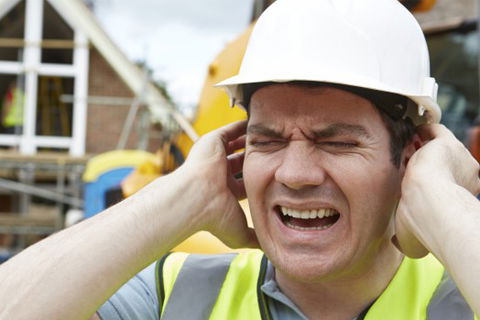
- Drivers of large vehicles. “People who drive a lot tend to have more damage to the left ear because that’s closer to the window, which tends to get more noise exposure,” Sarow points out.
- Factory and construction workers. Because of the potential for excessive exposure, OSHA has developed particular noise protection recommendations for workers in these industries. (For example, a jackhammer can reach 130 dB).
3. High-octane hobbies
It’s tempting to dismiss raucous activities, such as attending spin class three times a week or going out with pals, as unimportant to your hearing. However, harm from these things can pile up quickly over time, just as it can with everything else. Consider someone who grew up playing football, according to Ashby-Scabis: “Even by college age, they’re having aches and pains and different issues. As they age, there’s a lot of wear and tear of the body, and hearing is the exact same way.”
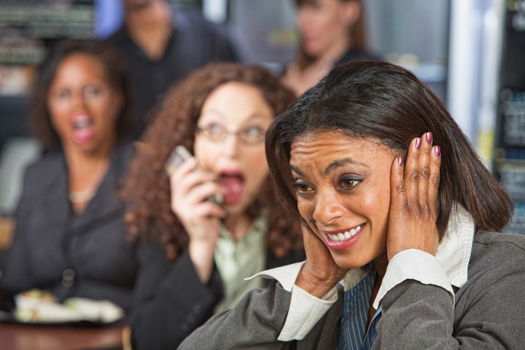
A good rule of thumb? “If somebody’s at an arm’s length from you and you find you’re having to raise your voice or you can’t hear them, that’s a sign that place is too loud,” Sarow says. Here are a few particularly intense culprits:
- Bars and restaurants
- Workout classes
- Movie theaters
- Sporting events
- Fireworks
- Amusement parks
- Riding ATVs
- Water sports (like boating or using a Jet Ski)
4. Household chores
Mowing the grass, blow drying your hair, or using power tools might already be exhausting—but they’re also harmful to your hearing. For something as simple as blending your morning smoothie, you should expect to hear between 91 and 112 decibels. “It’s going to depend on how loud it is, but any extended exposure, if it’s exceeding 80 decibels, you do want to limit it,” Sarow said.

5. Your daily commute
You’ll hear a lot of sounds on the train or just walking around your neighborhood. Depending on the practicalities of your trip, you may hear any of the following at very high decibels (between 91 and 130) on a regular basis: Ashby-Scabis explains:
- Trains passing
- Motorcycles driving by
- Sirens
- Planes flying overhead
- Construction
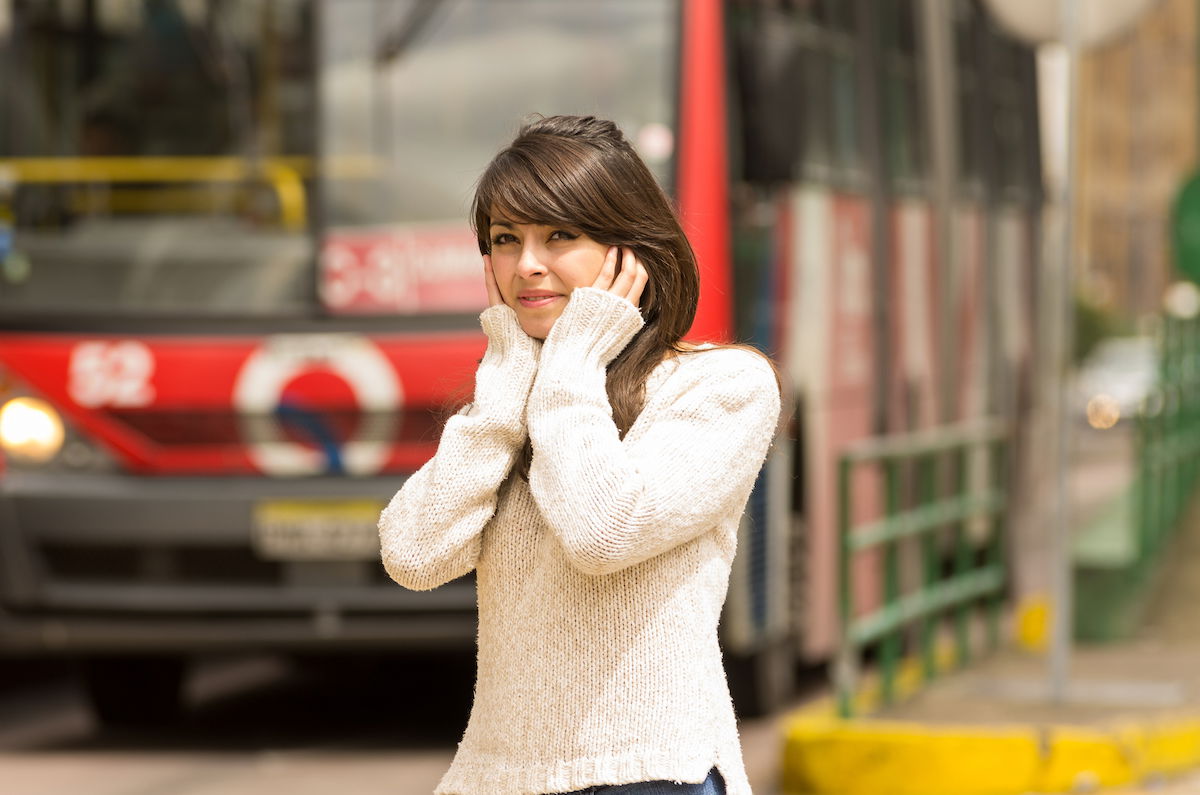
These noises aren’t continuous, of course, but they’re loud enough to do damage quickly. Therefore, “the decibel scale is logarithmic, meaning that every time we’re going up by three decibels, the intensity is doubling,” according to Sarow. “So the higher the decibel level, the more quickly the damage can occur.”
6. Smoking
Some pollutants in your environment, such as insecticides or paint compounds, might be hazardous to your ears, but tobacco smoke is particularly harmful, according to Ashby-Scabis. Exposure to cigarettes alone can cause problems—it’s actually a significant reason why pregnant women are advised not to be around them, since it has the potential to harm a fetus’ auditory development.
